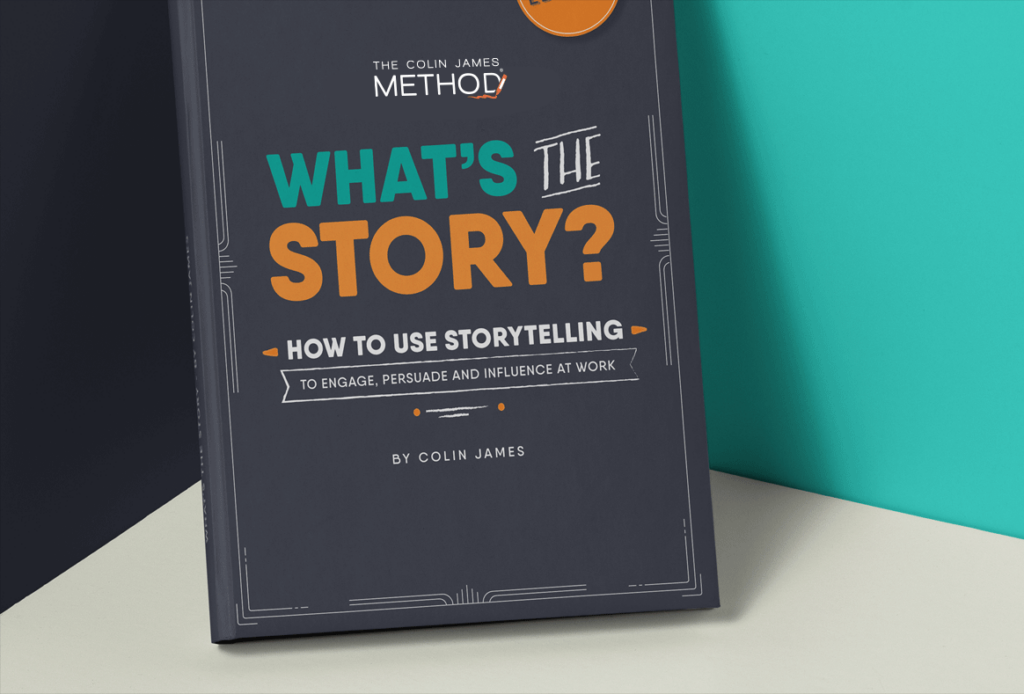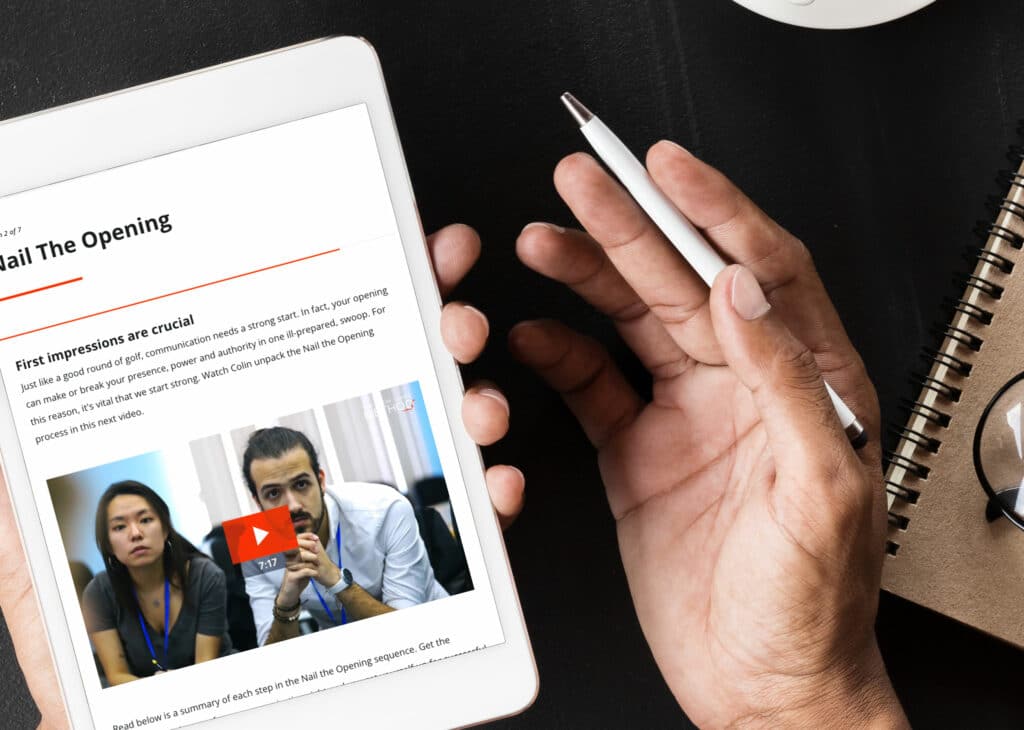It’s 2 pm on a Monday. You’re sitting on your desk, sipping your 3rd coffee of the day, 70 tabs open in Google Chrome, Zoom meeting in the background, never-ending unread emails, chats pinging and phone constantly ringing…
Sounds like an average day at work for many professionals in 2023.
Repetitive tasks take over and the most important things keep falling to the bottom of the priority list.
You might be thinking, how do I break this cycle and how can I make my life easier?
ChatGPT perhaps?
Technology in the workplace is at an all-time high, and artificial intelligence (AI) is taking the world by storm – is this a tool to be leveraged – or a threat?
25,000 CEO’S have signed an open letter asking for a pause in the development of AI technology, to truly understand the challenges and dangers of it. On the flip side, Microsoft recently invested over $10bn in ChatGPT and is already creating explosive search engine wars by testing the latest version 4 on its own search engine, Bing. Microsoft 365 Copilot launched in March 2023, providing access to an AI productivity tool within four out of five of the top Fortune 500 companies that rely on Office 365 to power their business.
There is one thing that artificial intelligence can’t do (yet), and that’s being human – like you. (Something we’ll explore later in the blog).
What does the growth in AI and technology in the workplace mean for your future?
Navigating another ocean of change, trying to find the competitive advantage.
While the majority of organisations and professionals wait and see how this technology develops, the earliest adopters will get on the front foot to create market-winning, first-mover advantage. Technology is dramatically changing in business, but it’s important to know how to leverage this to improve your external and internal communication.
Embracing technology in the workplace changes the way businesses operate. It also changes how you need to communicate. In most developed countries, there tends to be organisational resistance to change. Many common questions raised including:
“What does it mean for me as an employee?”
“Is my job safe?”
“How will my job change?”
“Can I do it successfully?”
These questions – understandably – get asked because advances in technology in the workplace have seen job losses in the past… However the real question that you should be asked is “How can I leverage technology to my advantage and how do I develop skills that AI could never take on?” AI and technology is about taking new ideas and building on them. It’s standing on the shoulders of giants.
AI is not a human being – so technology in the workplace can never replace human to human connection.
The thing you have, that AI doesn’t, is the ability to look someone in the eyes, laugh, give a hand shake and express our innermost feelings. Connection.
Developing our communication and human interaction skills will always have us ahead of the game when it comes to AI. People trust people, not robots.
Is technology in the workplace a friend or foe for soft skills?
A friend: Leveraging AI for transformational results
Embracing technology and AI at work, allows more time to invest in irreplaceable human skills, ie your communication and leadership. How?
- Enhanced decision-making: AI enables you to make informed decisions by providing access to data and insights through analytics and predictive modeling. This improves your leadership by enabling well-informed strategies and goals.
- Streamlined collaboration: AI-powered collaboration tools facilitate effective communication among leaders and teams, enabling seamless coordination across locations and time zones. This fosters efficient sharing of information and feedback.
- Personalised communication: AI assists you in tailoring communication to individuals by analysing data on preferences, performance, and engagement. This quick customisation improves your message delivery and relationship-building.
- Language translation and cultural understanding: AI language translation tools bridge language barriers, allowing you to communicate in diverse teams. AI algorithms analyse cultural nuances, aiding effective cross-cultural communication.
A foe: Detrimental impacts of AI on your soft skills
- Limited face-to-face interaction: AI and technology can reduce face-to-face interactions, impacting nonverbal communication, emotional intelligence, and building personal connections.
- Dependency on AI assistants: Relying too heavily on AI-powered virtual assistants can hinder your interaction skills like active listening, empathy, and nuanced communication.
- Impersonal customer interactions: Automated customer service systems and chatbots lack the human touch, limiting the development of empathy and personalised problem-solving.
- Lack of adaptability: AI algorithms follow predefined rules and patterns, potentially hindering the development of adaptability in communication compared to human leaders like you who can adjust their approach based on specific situations.
- Inadequate emotional understanding: AI struggles to truly understand and navigate complex human emotions and motivations, impacting soft skills like empathy and conflict resolution.
It’s essential you strike a balance between integrating AI and fostering the growth of your soft skills to avoid these pitfalls.
AI technologies enhance performance, but there are several aspects of human leadership that won’t be replaced by technology in the workplace:
- Emotional intelligence: Effective leaders possess emotional intelligence, understanding and empathy for others. AI lacks the ability to experience or understand complex human emotions and motivations. Focus on your emotional intelligence to build trust, inspire, and navigate sensitive conversations.
- Non-verbal communication: Your daily communication involves non-verbal cues like facial expressions and body language. Human leaders excel in interpreting and responding to these cues, adapting their style accordingly. AI struggles to fully interpret and respond to non-verbal cues – limiting its effectiveness.
- Contextual understanding: Effective leaders adjust their communication based on specific needs, expectations, knowledge and cultural background. AI analyse data but cannot grasp the subtleties of context like you can..
- Relationship building: You build strong relationships based on trust, empathy, and shared values. Actively listening and adapting your communication to foster collaboration. AI cannot form genuine relationships or connect emotionally.
- Adaptability and creativity: Leaders adapt their communication style and find creative solutions. AI offers recommendations based on data but may struggle with adaptability and innovative thinking you do naturally.
How can you enhance your leadership skills and navigate the evolving landscape of AI and technology in the workplace?
Technology might be the last of your worries if you leadership team are not working well together, or are newly formed and need to build those true connections that AI can’t fake. Investing in our short Leadership Alignment Training can help you and the team thrive, get everyone on track again and aligned.
Enquire about out Leadership Alignment Training here.











